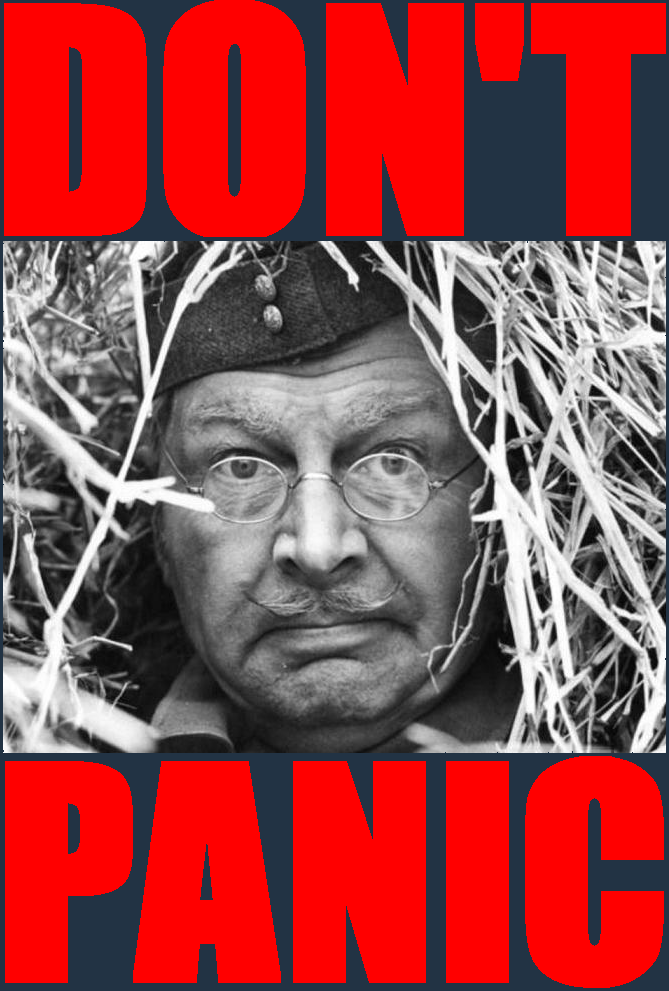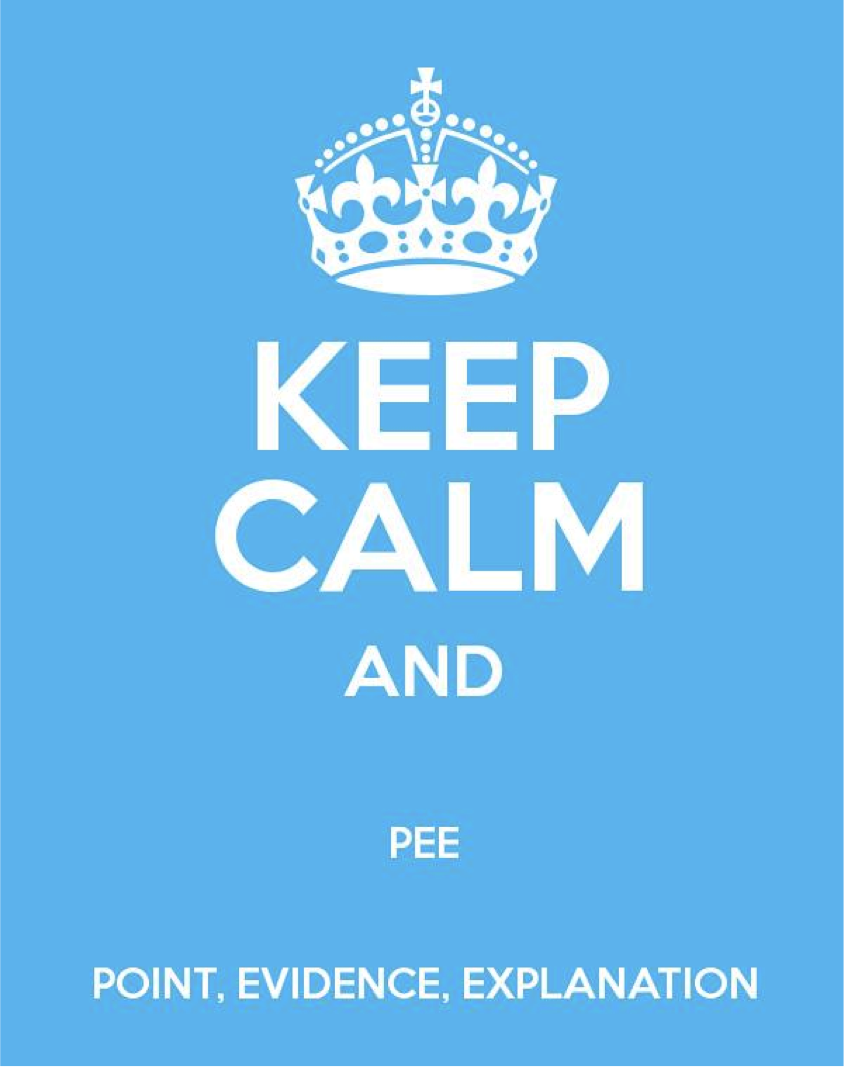Section outline
-
Three tough truths:
1. You've got to do it
At the end of the day it's YOU that's got to do it, and it involves decision, and will-power - prioritise the topics you need to focus on, plan out your time and commit.
2. Revision takes time
There is no 'instant' version which will cut corners. Sleeping with your book under the pillow doesn't do it. Stop playing at other things, and start working at your revision. The less committed you are to it, the longer you've will have to spend on it. Put in place rewards at the end of your sessions and work towards realistically set goals
3. Revising is remembering, not reading
It's not 'revising' unless you're fixing it into your brain. If you spend five hours working in your room, but you still can't remember it in the exam, you've spent 5 hours working, but you've not done any revision.
Never just read your notes. You must always be DOING something with them to FIX the information in your brain.
There is no 'way to revise' which works for everybody. All our brains work in different ways. The thing to do is to find the way that works for you.
-
-
Your exam will be split into three sections:
- Factual recall
- A source question, which starts with: “Using the sources and your own knowledge…” so do just that. If you only use information from the source or your own knowledge, you will only get half marks!
- A longer essay worth 10 marks similar to questions we have answered in class ISTs.
Observe the sources and read the questions carefully. Make sure you understand what they are asking before you attempt the question!
-
- Write a balanced answers - think of different concepts and themes you need to consider in your answer before you write it
- Refer to all the sources you are asked to and your own knowledge which includes facts and your opinions based on what you know.
- Remember to consider the provenance (the origin) of sources:
- WHAT does the source tell us?
- WHEN was it produced? At the time? Years after? Centuries after?
- WHO wrote it?
- What is their point of view?
- WHY was it produced?
Essay writing
- Read the essay title carefully.
- Your essay should contain:
- Point – where you describe the different events or make an observation from a source.
- Evidence – where you give your own knowledge or evidence from the source.
- Explanation – where you analyse the causes and/or consequences of these events
- Link - keep referring back to the question so that your answer is relevant.
-
- Revise for a short periods of time – such as 25-35 minutes at a time.
- Persuade someone to test you, or set yourself a test.
- Reward yourself at the end of your revision sessions – play some football or have a quick game – but time this as well (you don’t want to get carried away!)
- After your break, settle down to another short period of revision.
-
Keep Calm and Be Positive. Go into the exam determined to impress and adopt a really positive attitude.
DON’T PANIC: if you think you don’t know what to do, keep calm, breathe deeply and think about what you know and how you could use this. Keep an eye on the clock so you can plan your time.

